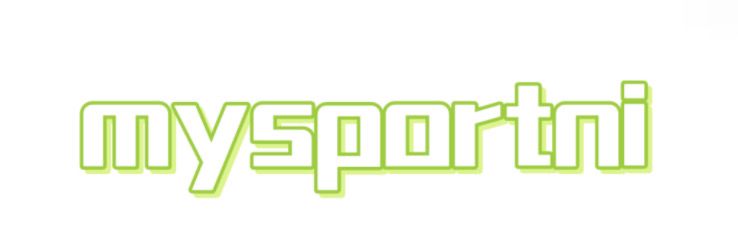How does the IO play a major role?
Link to sonnepower
1. Understanding the Instrumentation and Control Systems
Instrumentation and control systems (IO) are fundamental to modern engineering, playing a pivotal role in various industries, including manufacturing, chemical processes, and power generation. These systems ensure that processes run efficiently, safely, and effectively.
2. Major Functions of Instrumentation and Control
Instrumentation and control systems serve multiple purposes that contribute significantly to operational success:
- Monitoring: IO systems continuously monitor physical variables such as temperature, pressure, flow rate, and level. By providing real-time data, they enable operators to make informed decisions and respond swiftly to any anomalies.
- Control: These systems automatically adjust variables to maintain set points. For instance, a thermostat regulates heating by activating or deactivating the furnace based on temperature readings.
- Data Acquisition: IO systems collect and store data over time, facilitating analysis and trend identification. This data can be crucial for improving efficiency and forecasting future performance.
- Safety Measures: By integrating safety interlocks and emergency shutdown mechanisms, IO systems protect personnel and equipment from hazardous conditions.
3. Enhancing Operational Efficiency
IO systems play a crucial role in enhancing operational efficiency in several ways:
- Automation: Automation of routine tasks minimizes human error and allows personnel to focus on more critical tasks. This leads to increased productivity and reduced operational costs.
- Optimized Processes: Through advanced algorithms and control strategies, IO systems optimize processes to reduce waste and improve throughput.
- Predictive Maintenance: By analyzing data from sensors and monitoring equipment condition, IO systems can foresee equipment failures before they occur, resulting in less downtime and lower maintenance costs.
4. Improving Decision-Making
Another significant role of instrumentation and control systems is enhancing decision-making:
Recommended article:The Major Role of the IO Is As a Game Changer
- Real-Time Insights: With constant data flow, operators have access to real-time information, which is essential for making quick and effective decisions.
- Historical Data Analysis: Historical data trends provide insights for long-term planning and strategy formulation, guiding organizations in making informed business decisions.
- Simulation and Testing: IO systems allow for the simulation of process changes before implementation, helping managers evaluate potential outcomes and impacts.
5. Bridging the Gap Between Technology and Operations
Finally, IO systems serve as a bridge between technology and operational levels:
- Integration of Technologies: IO systems can integrate various technologies (e.g., IoT, AI) to enhance capabilities and provide comprehensive insights.
- Communication: They facilitate communication among different departments and systems, ensuring a cohesive and consistent operational approach.
- Training and Development: Serving as learning tools, IO systems can help train employees on process intricacies and improve their skill sets.
In conclusion, the role of instrumentation and control systems is indispensable in improving safety, efficiency, and decision-making across various industries. Their capability to monitor, control, and analyze processes makes them crucial players in the success of modern operations.
If you are looking for more details, kindly visit the major role of the io is as.

